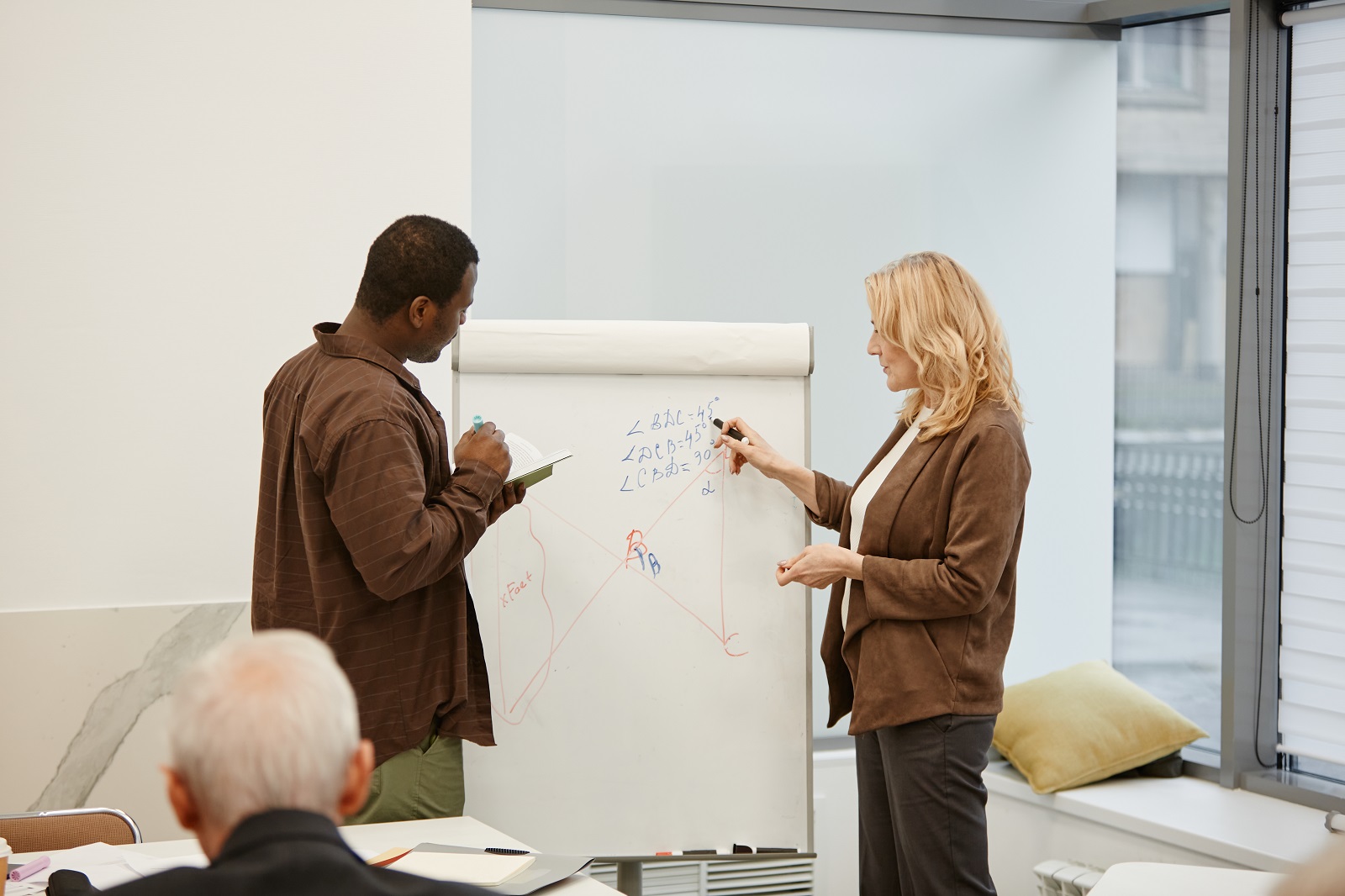RdeR, designs capacity building and tailored trainings and awareness sessions to improve the knowledge, skills, and abilities of individuals, staff at all levels of organizations, or communities to effectively executive their roles and responsibilities, with an intention to strengthen the capacity of participants in various areas.
Capacity building trainings play a crucial role in fostering personal and organizational growth, adapting to change, and building resilience in the face of challenges. Capacity building is important for individual professionals, organizations including non-profit & government organizations to achieve their business goals & targets. Capacity building trainings can be delivered through various methods, including workshops, seminars, webinars, e-learning modules, mentorship programs, and on-the-job training.
Our training content is align with the needs of the participants and the goals of the organization.
Capacity building trainings areas are covered:
- Technical Skills: Specific skills and capabilities to perform field, industry or profession related work.
- Soft Skills: Non-technical skills related to work includes communication, teamwork, problem-solving, and other interpersonal matters.
- Leadership and Management: Training to lead executive management by reinvigorate and ramps up leadership qualities for achieving greater objectives.
- Technology and Innovation: Keeping participants abreast of technological advancements and innovative practices.
- Standard Awareness: Trainings are provided to a wide range of professionals for the International Quality Management Standards like ISO 9001, ISO 14001, ISO 45001, ISO 27001, ISO 22000 and many more.
Sustainability & Customization:
- Designing programs that foster long-term learning and development.
- Integrating capacity building into the organization’s culture.
- Supporting ongoing professional development initiatives.
- Tailoring training programs to the specific needs and challenges of the target audience.
- Recognizing diversity in learning styles and preferences.
- Continuous and organizing building porgrammes should be planned for organizing support, reinforcement and achieving sustainable performance.
Adaptability:
- Adjusting training content to align with changing trends.
- Being responsive to feedback and evolving needs.
Partnerships:
- Collaborate with external partners, experts, or organizations to bring diverse perspectives and resources into the training programs.
- Building networks and communities of practice to facilitate ongoing learning.


